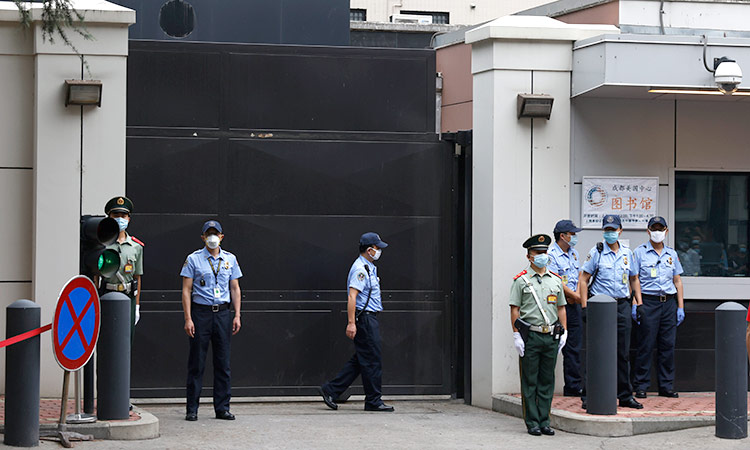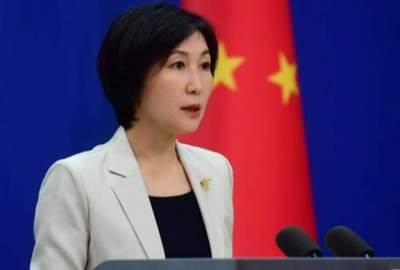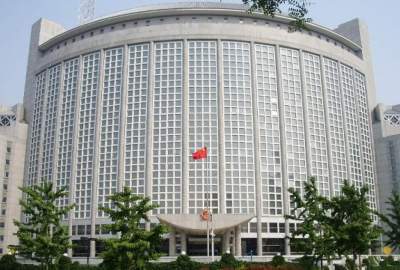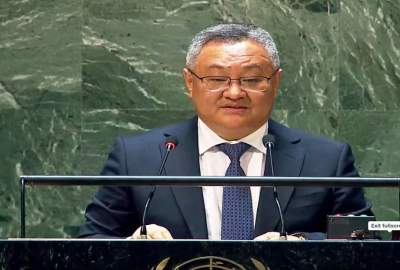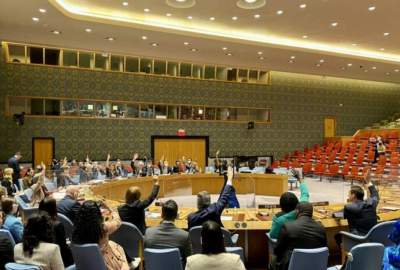In the more than 40 years since China and the US established formal diplomatic relations, accusations have been traded, tensions have risen and fallen and sides have come dangerously close to outright confrontation.
Publish dateMonday 27 July 2020 - 12:10
Story Code : 215599
Yet the forced closure of the Chinese consulate in Houston and China’s order to shutter the US consulate in the southwestern Chinese city of Chengdu mark a new low point in ties between the world’s largest economies that can’t be easily smoothed over.
Mistrust and rancor surrounding disputes over allegations of technology theft, national security, human rights, Hong Kong, Taiwan and the South China Sea are now the main drivers in a relationship that had long sought to compartmentalise such issues to prevent them impeding trade ties and cooperation in managing issues such as North Korea's nuclear program and conflicts in the Middle East and Africa.
Going forward, the prospects for reconciliation look dim, even if the US elects a new administration in November.
Chinese authorities took control of the former US consulate in the southwestern Chinese city of Chengdu on Monday after it was ordered closed in retaliation for a US order to vacate the Chinese Consulate in Houston.
A State Department statement expressed disappointment, saying the consulate "has stood at the center of our relations with the people in Western China, including Tibet, for 35 years.”
"We are disappointed by the Chinese Communist Party’s decision and will strive to continue our outreach to the people in this important region through our other posts in China,” the statement said.
China’s foreign ministry issued a brief notice saying "competent authorities” entered through the front entrance and took over the premises after US diplomats closed it at 10am. Prior to that, the flag was lowered and workmen have been removing plaques and other signs of US sovereignty on the compounds exterior.
That conveyed a sense of permanent rupture not felt during previous crises, including the 1999 stoning of the US Embassy in response to NATO bombing of China's embassy in Serbia, along with the 2001 collision between a US surveillance plane and Chinese fighter jet over the South China Sea.
Mistrust and rancor surrounding disputes over allegations of technology theft, national security, human rights, Hong Kong, Taiwan and the South China Sea are now the main drivers in a relationship that had long sought to compartmentalise such issues to prevent them impeding trade ties and cooperation in managing issues such as North Korea's nuclear program and conflicts in the Middle East and Africa.
Going forward, the prospects for reconciliation look dim, even if the US elects a new administration in November.
Chinese authorities took control of the former US consulate in the southwestern Chinese city of Chengdu on Monday after it was ordered closed in retaliation for a US order to vacate the Chinese Consulate in Houston.
A State Department statement expressed disappointment, saying the consulate "has stood at the center of our relations with the people in Western China, including Tibet, for 35 years.”
"We are disappointed by the Chinese Communist Party’s decision and will strive to continue our outreach to the people in this important region through our other posts in China,” the statement said.
China’s foreign ministry issued a brief notice saying "competent authorities” entered through the front entrance and took over the premises after US diplomats closed it at 10am. Prior to that, the flag was lowered and workmen have been removing plaques and other signs of US sovereignty on the compounds exterior.
That conveyed a sense of permanent rupture not felt during previous crises, including the 1999 stoning of the US Embassy in response to NATO bombing of China's embassy in Serbia, along with the 2001 collision between a US surveillance plane and Chinese fighter jet over the South China Sea.
Source : Afghan Voice Agency(AVA)
avapress.net/vdcaomnuo49n6m1.tgk4.html
Tags
Top hits
